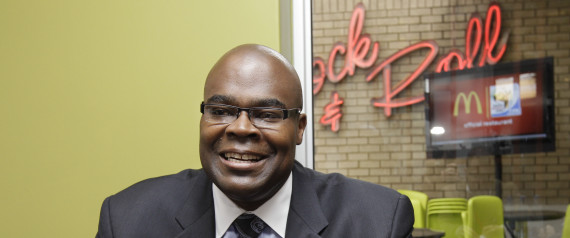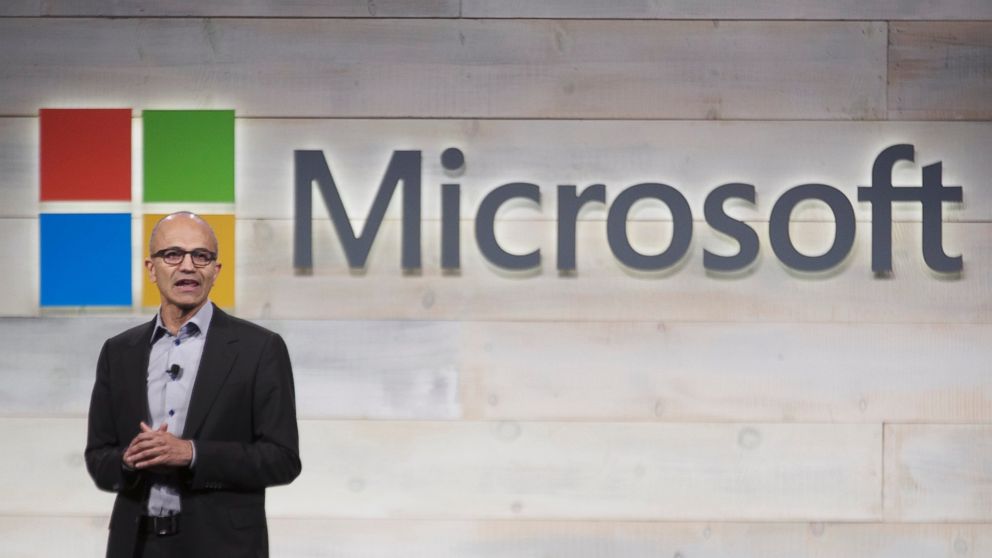Most of Washington’s top lobby firms saw modest upticks in revenue last year, as optimism linked to the new GOP-controlled Congress helped fuel fourth-quarter bumps.
Following a legislatively lackluster 2014, Washington’s largest lobby shops had to hustle for clients in the last three months of the year, trying to slip items into must-pass legislation during an aptly named lame-duck session.
But for lobbyists working to move specific tax, trade and financial services policies, the fresh hopes for action on Capitol Hill was enough to help their bottom lines.
“There was a psychological boost about Washington because of the potential — and then the manifestation — of an all-Republican Congress,” said Marc Lampkin, managing partner of Brownstein Hyatt Farber Schreck’s Washington office and former aide to Speaker John Boehner (R-Ohio).
“The theory was that it would alleviate some tension,” he said. “Corporations were trying to figure out how they could be best positioned to impact the process from the beginning. We saw that in the last quarter.”
Brownstein earned more than $6 million in the last three months of 2014, a 14 percent increase from the same time in 2013. In all of 2014, the firm took in almost $23.7 million.
The primarily Republican BGR Group also saw revenue increases in the months before and after the midterm elections. It took in nearly $15.8 million for the year and had fourth-quarter gains of 25 percent compared to the same period in 2013.
Cornerstone Government Affairs, a bipartisan firm that has a large bench of appropriations lobbyists, had a productive fourth quarter as well. The firm earned 17 percent more for its lobbying work during the fourth quarter of last year than the previous year. Its overall 2014 lobbying fees rose to about $13.1 million.
While Van Scoyoc Associates, an appropriations specialty firm that ranks fifth in annual lobbying revenues, didn’t beat its own records by much, it had the third-best fourth-quarter earnings on K Street, taking in close to $6.2 million during the last three months of the year.
In addition to last-ditch efforts to reach certain goals by the end of the year, increases and decreases in revenue largely portray an industry that’s still in flux after the economic downturn.
Throughout the year, large firms poached one another’s lobbyists and made high-level hires, while others stepped out on their own — taking a client roster with them.
Akin Gump Strauss Hauer & Feld continued its reign as the No. 1 firm in Washington, earning $35.6 million.
Don Pongrace, the head of the public law and policy group at Akin, says the increase in his firm’s numbers are part of “the general ongoing steady march upward that we’ve had.”
“The broad mix of the laterals that we brought in is creating the synergistic halo you hope for,” he said of this quarter’s numbers, speaking of the firm’s boosted help in policy areas like cybersecurity and health and on drone issues.
Others had to make up ground in 2014, in the wake of shifting client rosters.
Squire Patton Boggs, which went through a staff shakeup and merger last year, saw its annual revenues drop to $31.6 million, from $40.2 million in 2013.
In recent weeks, however, the firm has signaled a revival, by making two high-profile hires: recently retired Rep. Jim Matheson (D-Utah) and David Schnittger, who most recently served as the deputy chief of staff to Boehner.
Williams & Jensen lost $2 million in annual business when a group of its lobbyists left to start their own firm. However, the firm was able to stunt most of those losses, ending the year with only a 5 percent dip from 2013, earning a total of $16.7 million.
“Little growth is the likely norm,” said J. Steven Hart, the chief executive and chairman of Williams & Jensen.
“The Obama administration is not really inclined toward supporting congressional activity,” he said. “That will leave congressional oversight and investigations.”
Most of the gains at K Street’s larger firms were fairly modest, leaving many looking to a sunnier outlook in 2015.
“We had a couple of projects that came in from the regulatory side that had big legislative components to them and that helped our numbers,” said veteran lobbyist Mike House, the head of Hogan Lovells’s legislative group.










